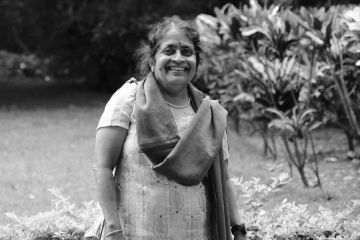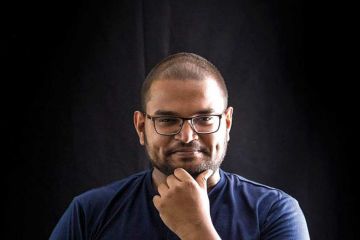
The Rohingya of
Myanmar have the unfortunate distinction of being one of the world’s most
marginalised communities. They make the news, often with tales of horror, as
they escape Myanmar in less-than-seaworthy boats, at times adrift in the
Andaman Sea for months. They are not recognized as citizens under Myanmar’s
law. The 2012 violence that erupted in the Arakan (Rakhine State), state from
where the Rohingya originate has pushed them out of their homes and into camps
for internally di





